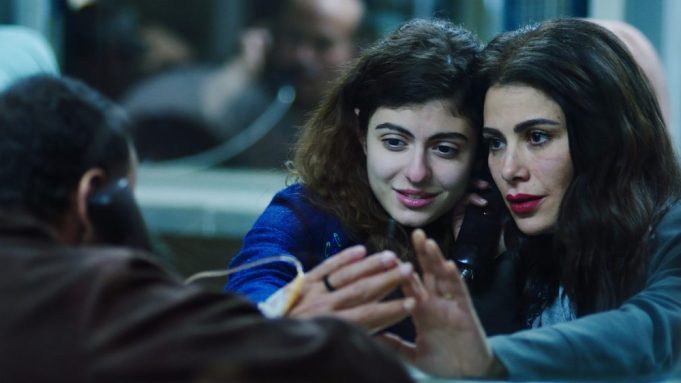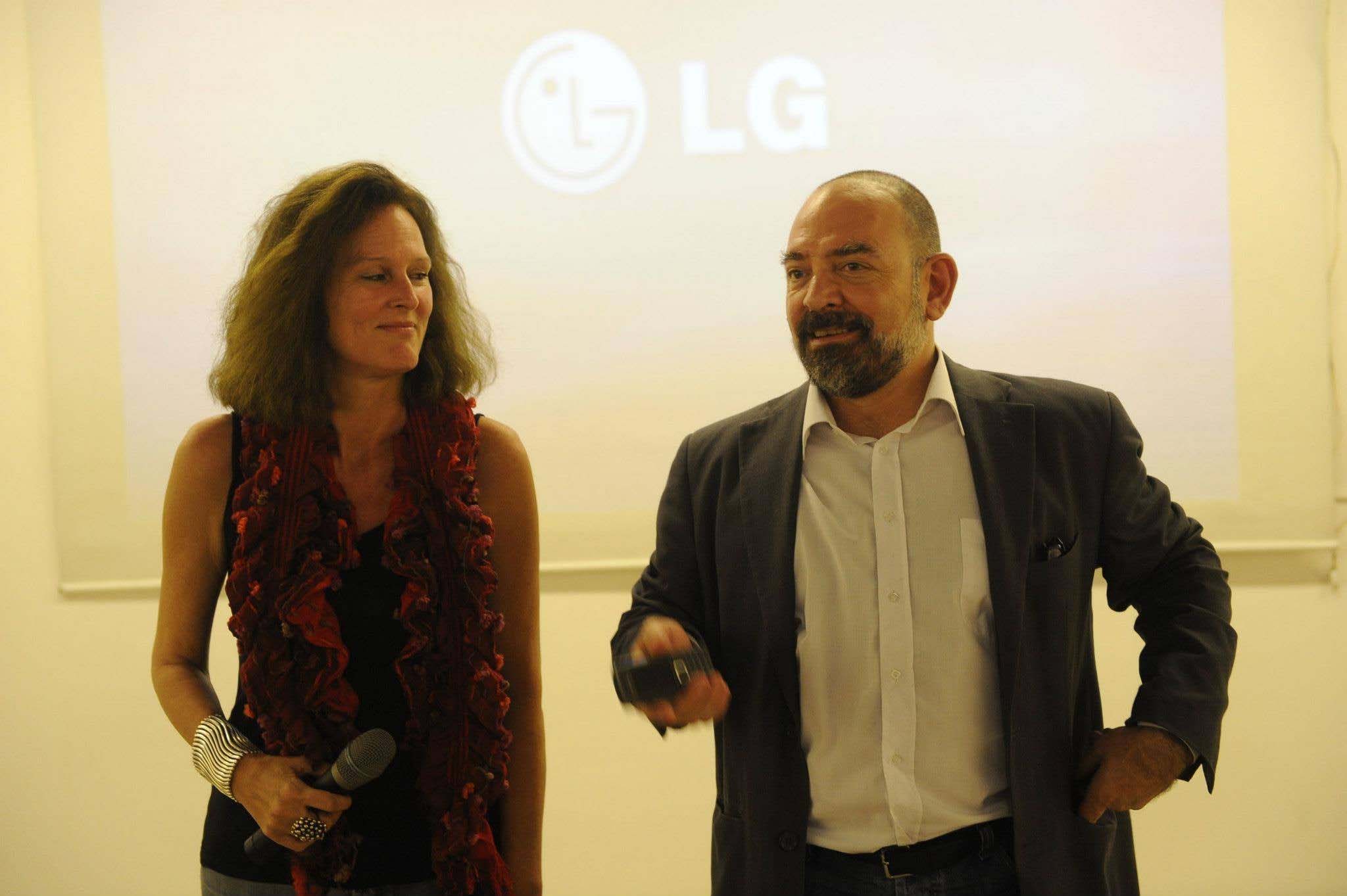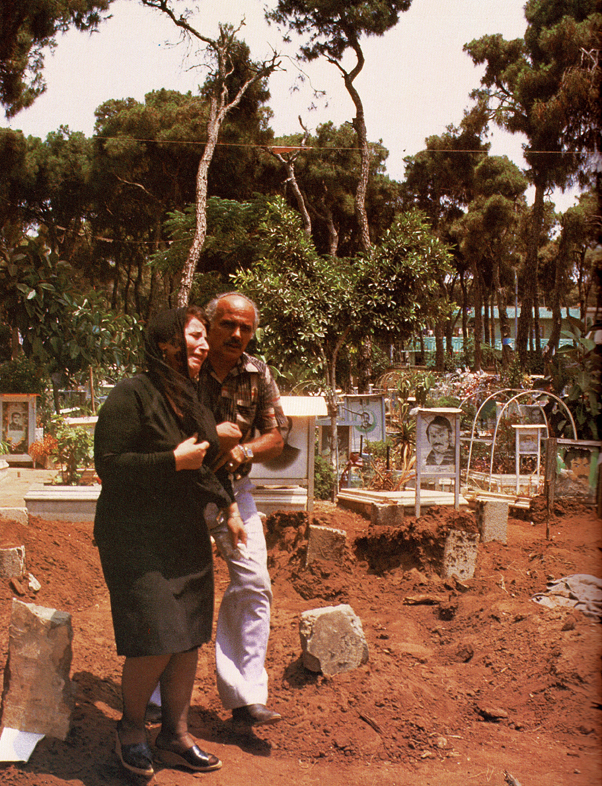Films
Global Audiences Resonate With ‘Goodbye Julia,’ a Film About Two Sudanese Families Shattered by Tragedy
Mahmoud Darwish in "Fi Hadrat al-Ghiyab"
Nudity Overshadows Betrayal in 'Huda's Salon'
Plot Twist Ties up Distribution of Controversial Arab “Life Smuggling” Film
Egyptian filmmaker Mohamed Diab’s 2019 “Amira” faced a storm of social media backlash following accusations that the film belittles the Palestinian struggle. Diab — director of the well-received “Cairo 678” (2010) and “Clash” (2016) — has pulled the film from any future screenings, including Saudi Arabia’s Red Sea Film Festival. This decision comes after Jordan’s Royal Film Commission ultimately withdrew “Amira” as its entry as the Oscar’s 2022 Best Foreign Film.
Documentary Reveals Constant Surveillance of Arab Americans
Remembering Lokman Slim (1962-2021)
Lebanese publisher, filmmaker, and activist Lokman Slim, an outspoken critic of Hezbollah, was murdered on Feb. 4, 2021 while on his way home from southern Lebanon. In 2017, Al Jadid published a review of his award-winning film “Tadmor” (Icarus Films, 2016), co-directed with his wife, Monika Borgmann. “Ghosts of the past come in many forms.
Film “1982” Glimpses into Emotional Costs for Innocents Caught in Lebanese War
Premiering at the Toronto International Film Festival in 2019, director Oualid Mouaness’ contemplative drama film “1982” explores the anxiety of war for those who never wished to take part in it. For the teachers and students at a private school in East Beirut, what should have been a “normal” last day of classes becomes anything but, as the distant sounds of bombing come closer and closer. It is 1982, and Beirut, divided between Muslims on the west and Christians on the east, teeters on the cusp of invasion as Israel and Syria fight overhead.










